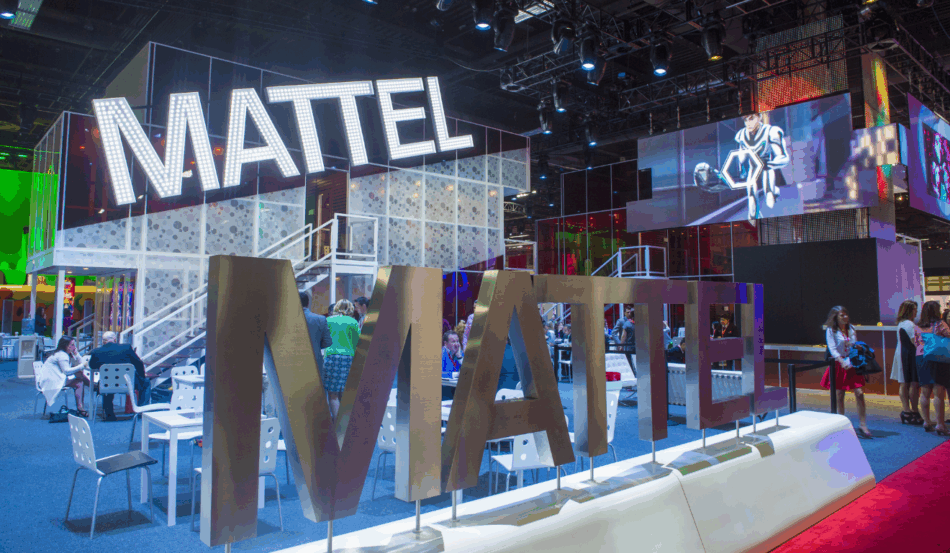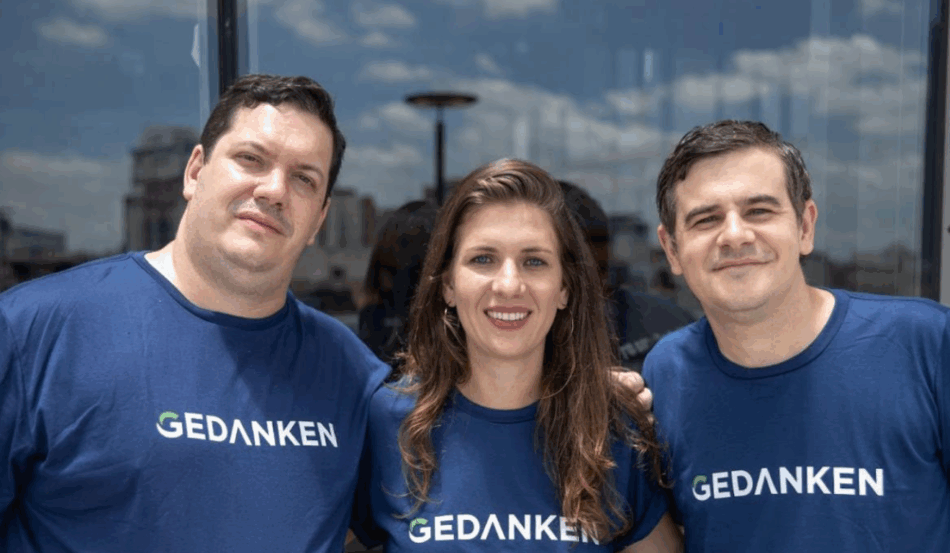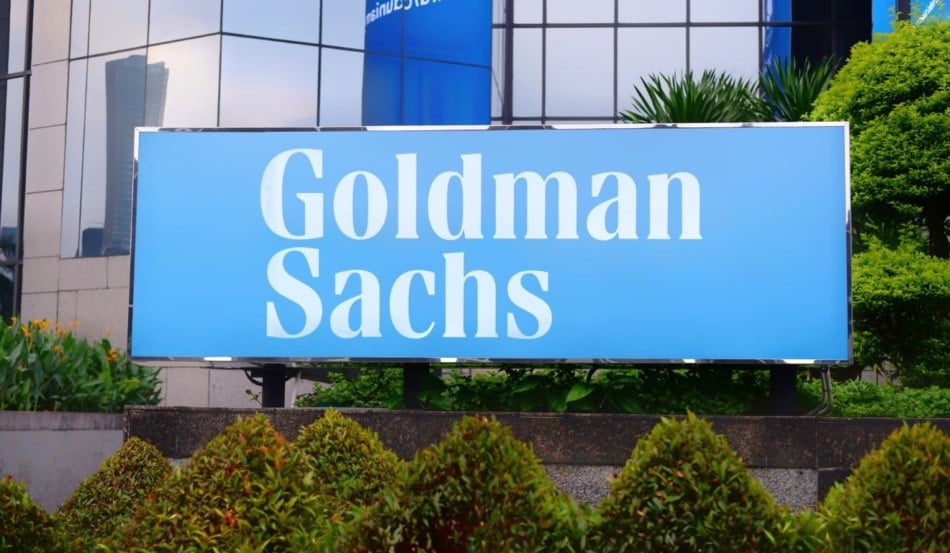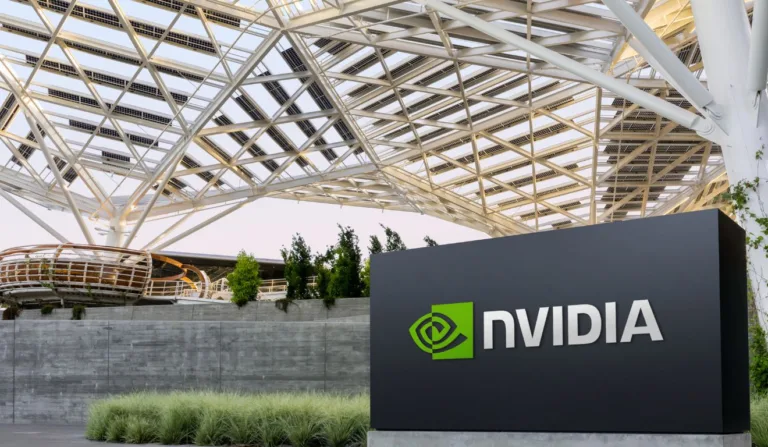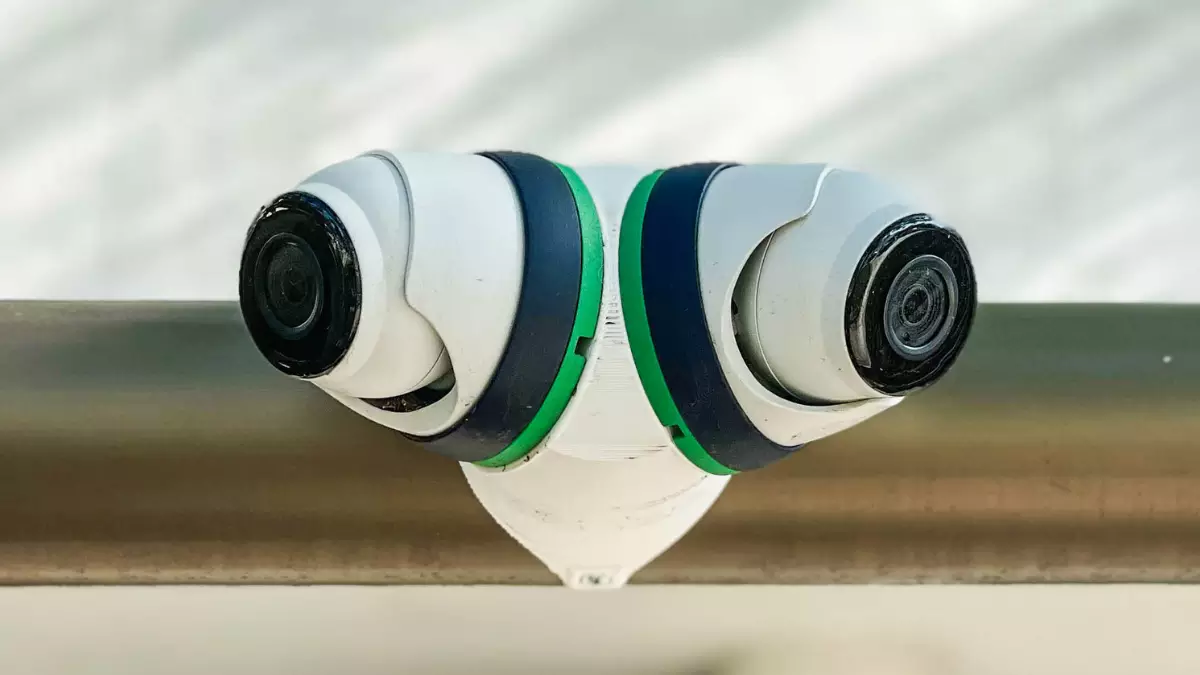
Strictly following the expansion blueprint of its key investor SoftBank, Gabriel, a startup building a private network of surveillance cameras to help address the violence issue in Brazil announced its first acquisition. The acqui-hire deal sees the incorporation of computer vision startup Retina Vision, in a move aimed at expanding Gabriel’s remit into crime prevention.
Created by three students from University of São Paulo, Retina developed a system based on computer vision (a branch of artificial intelligence) that reads license plates and allows users to ascertain the vehicle’s characteristics in real time and if it has been stolen. When incorporated into Gabriel’s cameras, the technology will allow the company to initiative a call to the police if a car in an irregular situation is detected.
“[Retina] developed an algorithm aimed at Mercosur license plates and a very lightweight model that runs smoothly on our equipment [developed on the Raspberry Pi platform]”, says Erick Coser, co-founder and president at Gabriel.
Crime prevention
Up until now, Gabriel was only able to support investigations carried out by the police by providing images captured by its cameras. In the last 12 months, the startup collaborated with the investigation of 380 incidents that led to the arrest of 43 individuals and the absolution of two people.
The company has 2,200 cameras in place in the cities of Rio de Janeiro and São Paulo – with a third of the addresses in the latter, where it started operations in September 2021. The idea is to expand operations in more neighborhoods in both cities throughout 2022.
ALSO: How Brazilian startups are embracing the 4-day working week
According to Coser, the new feature to be added with the acquisition of Retina will be released free of charge to the company’s current customer base as a means of adding value to the service and to attract new users while also expanding coverage. According to the founder, half of Gabriel’s new customers currently come from organic referrals. As each equipment needs to be updated in person, the expectation is to complete the process by the end of the first half of 2022.
After license plates, Gabriel intends to develop new features that help in crime prevention, according to the company’s founder. “It’s like an Alexa [device], you can add new skills to,” Coser says jokingly.
Established in 2018, Retina worked with Oxigênio, the accelerator led by Brazilian insurance giant Porto Seguro, in an initiative to recover stolen cars.
With the acqui-hire, which also involved a cash payment for the intellectual property developed by the company, Retina will cease to exist as a company and its founders will become part of Gabriel’s technology development team, as well as the six people working in the computer vision area.
“We decided to verticalize everything, and have our technology in-house instead of using it from third parties. Strategically, it is more interesting and is also an entry barrier for new competitors”, Coser notes.
Future acquisitions
According to Coser, the company is eyeing more acquisitions that can bring complementary teams and technologies to Gabriel’s offer. “We are actively looking for more acquisitions. It’s part of our strategy,” he says.
Money to make that happen is not an issue. In October, the startup raised a 66 million Brazilian reais ($ 13 million) Series A round led by SoftBank. Gabriel is a perfect case study of the Japanese group’s investment strategy, which has sought to use artificial intelligence as the main driver for its portfolio companies.
Gabriel’s operating model
Founded in 2020 by Otávio Miranda, Erick Coser and Sérgio Andrade, Gabriel’s initial idea was to offer software that integrated images from cameras already in place on city streets. The concept looked promising as the equipment base is large. But the founders stumbled into a problem: not all the cameras work properly and, in most cases, they are “scarecrows pointed at the streets”.
To address the issue, the solution was to develop the hardware internally. That’s how Chameleon was born, a setup with two high resolution cameras with a 180º image capture range. The equipment is installed in residential and commercial buildings rented under the hardware-as-a-service (HaaS) model. The devices are monitored 24/7 from a central using artificial intelligence that analyzes the images. The content is available in the cloud, accessible through an application and stored for a period of 6 months.
(translation by Angelica Mari)



